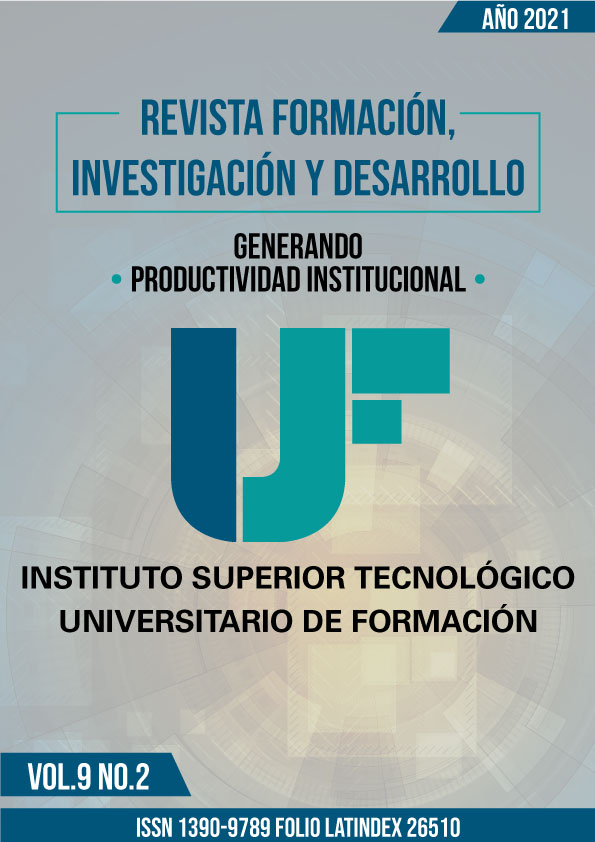The Effective Realization of the Comprehensive Diagnosis of the School. Basic Dimensions, Indicators and Requirements
Main Article Content
Abstract
The preparation of the teacher for the realization of the process of integral diagnosis of the schoolchildren is of great importance in the current didactics; this constitutes its basic principle. The general objective of the proposal lies in the identification of dimensions, indicators and requirements for the effective implementation of the comprehensive diagnosis of schoolchildren. The main results consist of a broader characterization of the basic functions of the teacher, so that the process of comprehensive diagnosis of the schoolchild constitutes: the first moment of the guiding function, by requiring the psycho-pedagogical characterization and the pedagogical prognosis; the centre of the teacher's research and improvement work, by demanding the identification and hierarchization of the student's problems from the school, and in close connection with the family and the community, the critical analysis of regularities during the application of the diagnosis, the inquiring attitude to explore the student's personality, and the constant search and theoretical updating on the subject of school diagnosis, and finally, the compass of the work of teaching-methodology, by establishing a close relationship between diagnosis and the components of the process that guide the planning, execution, control and evaluation of the teaching-learning process.
Article Details
Este trabajo tiene licencia DE Atribución/Reconocimiento-NoComercial-CompartirIgual 4.0 Internacional. CC BY-NC-SA 4.0.

